Philippines
Contributing law firm: SyCip Salazar Hernandez & Gatmaitan
Contact: Jose Florante M. Pamfilo, Partner

ESG in APAC - Philippines by SyCip Salazar Hernandez & Gatmaitan
Please click on the podcast above for a snapshot of the three key themes of ESG reporting, transition planning and greenwashing risks in respect of Philippines. Scroll down for further information on each key theme.
A. ESG Reporting
1. Are there legal or regulatory requirements for companies to make ESG disclosures in your jurisdiction?
Yes.
2. What are the key legislative and regulatory sources for ESG disclosure requirements and to whom do they apply?
In the Philippines, ESG disclosure/reporting requirements or recommendations are provided in the following:
(a) Securities and Exchange Commission (SEC) Memorandum Circular No. 4, series of 2019 (Sustainability Reporting Guidelines for Publicly-Listed Companies) (Sustainability Reporting Guidelines), which applies to publicly-listed companies.
(b) SEC Memorandum Circular No. 24, Series of 2019 (Code of Corporate Governance for Public Companies and Registered Issuers) (CG Code for PCs & RIs), which applies to public companies and registered issuers.
(c) Insurance Commission (IC) Circular Letter No. 2020-71 (Revised Code of Corporate Governance for Insurance Commission Regulated Companies) (CG Code for ICRCs), which applies to IC regulated companies.
(d) Bangko Sentral ng Pilipinas (BSP, the Philippine Central Bank) Circular No. 1085 (Sustainable Finance Framework), which applies to banks, which has been incorporated as Section 153 of the Manual of Regulations for Banks.
(e) SEC regulations governing the issuance of green, social, sustainability, sustainability-linked, and blue bonds, and the establishment of Sustainable and Responsible Investment (SRI) funds.
3. Are the requirements mandatory or do they apply on a comply-or-explain basis?
(a) The SEC’s Sustainability Reporting Guidelines adopted the comply or explain approach for the first three years of its implementation. While the SEC has stated in various public fora that the reporting requirement shall be upgraded to mandatory after the first three years of implementation (i.e. from 2023), the SEC has yet to issue a regulation to formalize this.
(b) The reporting requirements under the CG Code for PCs & RIs and the CG Code for ICRCs apply on a comply or explain basis.
(c) The requirements under the BSP’s Sustainable Finance Framework are mandatory.
(d) The reporting requirement under SEC regulations concerning green (including blue), social, sustainability, and sustainability-linked bonds, and SRI funds are mandatory.
4. Which aspects of ESG do the requirements focus upon?
(a) The SEC’s Sustainability Reporting Guidelines focus on economic, environmental (including climate) and social issues.
(b) The CG Code for PCs & RIs and the CG Code for ICRCs focus on economic, environmental, social, and governance issues.
(c) The BSP’s Sustainable Finance Framework focuses on environmental and social risks.
5. Are the disclosure requirements based on international standards? If so, which one(s)?
(a) The SEC’s Sustainability Reporting Guidelines draws from the GRI’s Sustainability Reporting Standards, the SASB’s Sustainability Accounting Standards, the recommendations of the TCFD, and the UN Sustainable Development Goals.
(b) The CG Code for PCs & RIs and the CG for ICRCs recommends that companies adopt a globally-recognized standard or framework in reporting sustainability and non-financial issues, but does not recommend a specific standard or framework.
6. How do the disclosure requirements approach materiality (e.g. single or double materiality)?
(a) The SEC’s Sustainability Reporting Guidelines focus on impact materiality.
(b) The CG Code for PCs & RIs and the CG Code for ICRCs focus on impact materiality.
(c) The BSP’s Sustainable Finance Framework focuses on single materiality.
7. Are there requirements for the disclosure of GHG emissions? If so, please specify the scope (e.g. Scope 1, Scope 2 and/or Scope 3), to whom they apply and whether there are requirements on the measurement methodology.
The reporting template under the SEC’s Sustainability Reporting Guidelines includes disclosures of “Direct (Scope 1) GHG Emissions,” “Energy indirect (Scope 2) GHG Emissions),” and “Emissions of ozone-depleting substances”. The Sustainability Reporting Guidelines do not prescribe any specific measurement methodology for calculation of Scope 1 and Scope 2 emissions. However, they provide guiding principles for disclosures, including that disclosures must be consistent over time, be comparable among companies within a sector, industry or portfolio, and be reliable, verifiable and objective.
8. Are there requirements to obtain independent assurance of any ESG disclosures? If so, what is the scope of such requirements?
External review is recommended under SEC rules governing the following:
(a) Issuance of green bonds;
(b) Issuance of social bonds; and
(c) Issuance of sustainability bonds.
External review and verification are strongly encouraged under SEC rules governing the issuance of blue bonds.
External review is required under SEC rules governing the issuance of sustainability-linked bonds.
There are no mandatory assurance requirements in relation to disclosures under the SEC’s Sustainability Reporting Guidelines.
9. For companies not subject to mandatory or comply-or-explain ESG reporting, are voluntary ESG disclosures customary?
No, voluntary ESG disclosures are not customary in the Philippines. However, 22% of listed companies disclosed their sustainability reports to the SEC as of 2017, even prior to the adoption of the SEC’s Sustainability Reporting Guidelines.
10. Has your jurisdiction issued or adopted a taxonomy on sustainable activities? Is it mandatory and what is its scope of application?
The Inter-Agency Technical Working Group for Sustainable Finance has prepared the Philippine Sustainable Finance Guiding Principles (Guiding Principles). The Guiding Principles were developed to provide principles-based guidance (rather than set rules detailing requirements) on identifying activities that contribute to supporting sustainable development, with a focus on addressing the impacts of climate change.
The Philippine Sustainable Finance Taxonomy Guidelines (SFTG) were formulated through collaborative efforts between the BSP, the SEC and the IC. It serves as an overarching guide for the financial sector and its stakeholders to operationalize the Guiding Principles. The SFTG serves as a tool to classify whether an economic activity is environmentally and socially sustainable and guides different stakeholders in making informed investment or financing decisions. SEC regulated entities are directed to deepen understanding and familiarity with the SFTG and are encouraged to take into consideration its provisions and prescribed standards. On the other hand, banks shall be given until end-December 2024 to deepen understanding and familiarity in applying the SFTG. Starting 2025, the BSP will collect information related to the use of the SFTG.
The SEC’s rules on green (including blue), social and sustainability bonds identify categories of projects eligible to be financed by proceeds from the issuance of said bonds. The list of eligible projects, while indicative, captures the most commonly used types of projects supported or expected to be supported by the market for these types of bonds.
11. Are there plans to adopt or incorporate the ISSB’s IFRS S1 and/or S2 standards? If so, please indicate the extent of alignment, to what extent the standards will be mandatory, to whom they will apply and the timeline.
In late 2023, the SEC issued for public comment a draft memorandum circular on the Revised Sustainability Reporting Guidelines for Publicly Listed Companies (Revised Sustainability Reporting Guidelines), but subsequently deferred its implementation. It was later reported that the SEC is looking to issue a new memorandum circular later this year, applicable to data covering the year 2024, with reporting due in 2025.
Based on the draft memorandum circular, the Revised Sustainability Reporting Guidelines:
(a) integrate IFRS S1 and IFRS S2 in the reporting requirements;
(b) requires the submission of sustainability reports in two formats - the SR Narrative and the Sustainability Report (SURE) Form; and
(c) includes Scope 3 GHG emissions as a recommended disclosure.
Separately, the Philippine Sustainability Reporting Committee (PSRC) has been established to evaluate ISSB Standards for local use and to issue local interpretation and guidance. The PSRC is preparing a jurisdictional roadmap for the adoption of IFRS S1 and S2 in the Philippines. In a private sector forum hosted by the PSRC, it was disclosed that the PSRC is looking at separate timelines for adoption, first, for listed companies and universal and commercial banks, and subsequently, for large corporations and other types of banks.
While the SEC is represented in the PSRC, it appears that the roll out of the Revised Sustainability Reporting Guidelines will not necessarily coincide with the adoption of the ISSB Standards as part of financial reporting of covered entities.
12. Other upcoming developments / direction of travel
The roll out of the Revised Sustainability Reporting Guidelines and the adoption of the ISSB Standards need to be carefully considered and coordinated in order to avoid imposing multiple requirements on covered entities and to adequately prepare them for compliance.
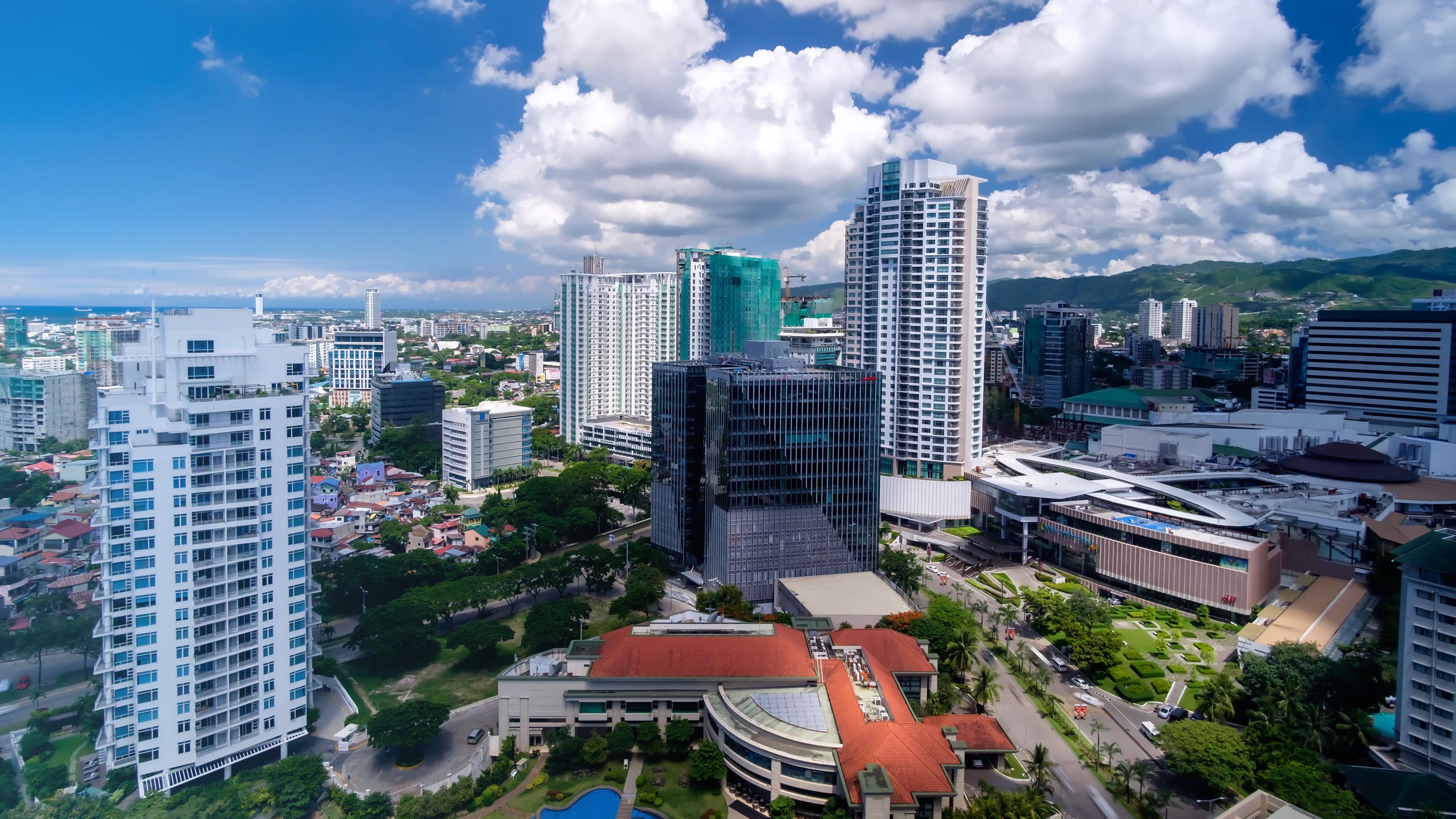
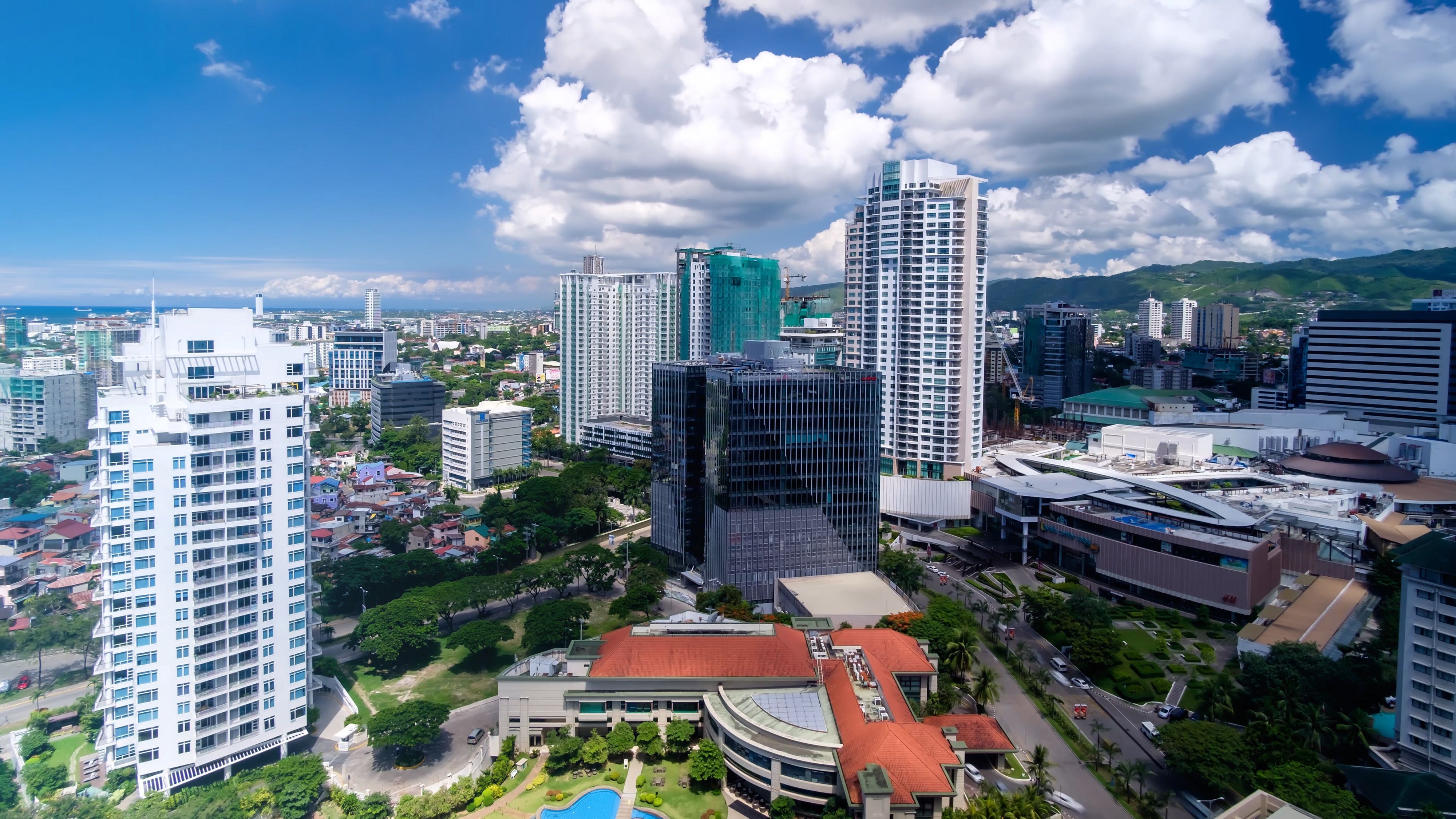
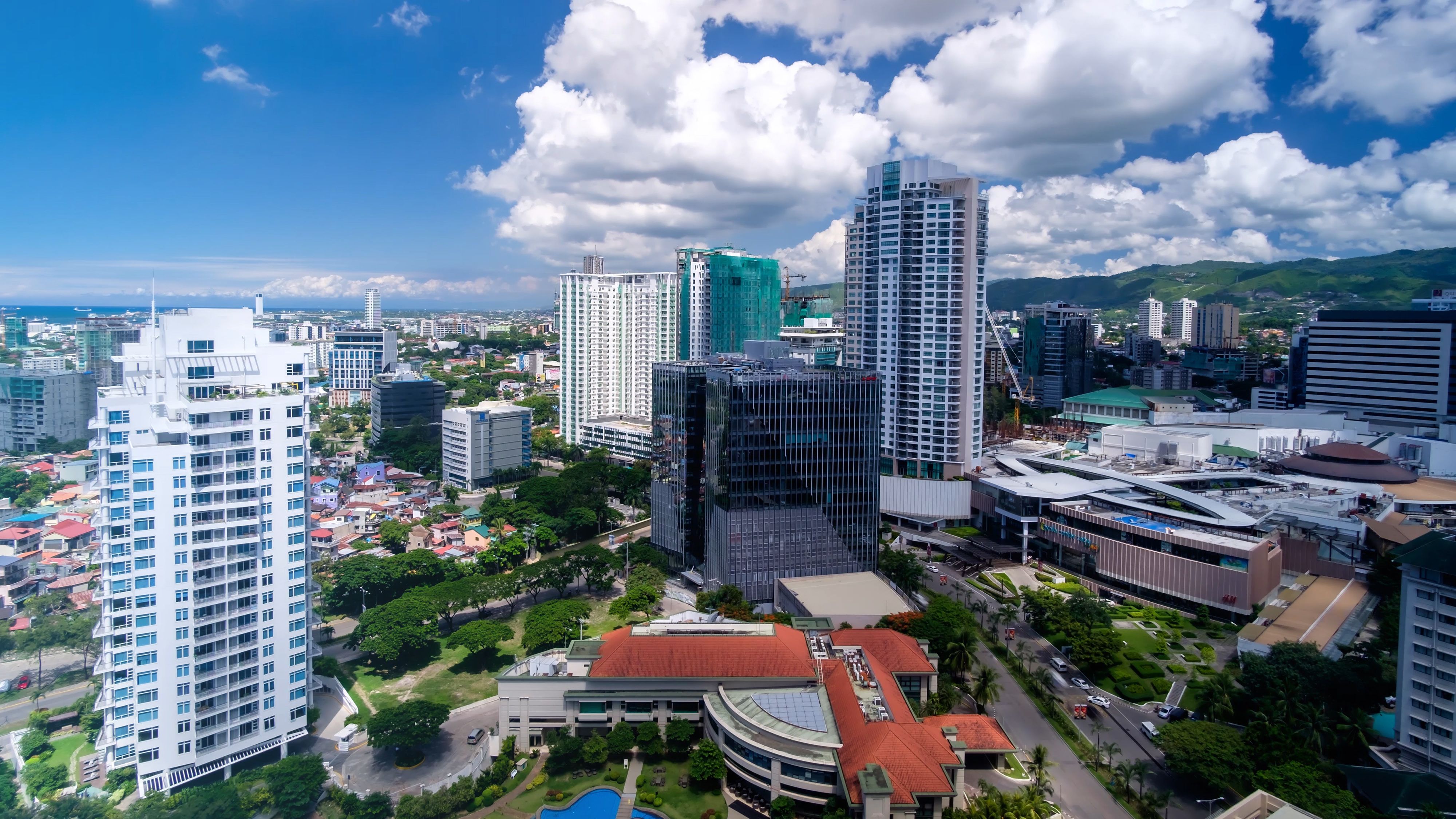
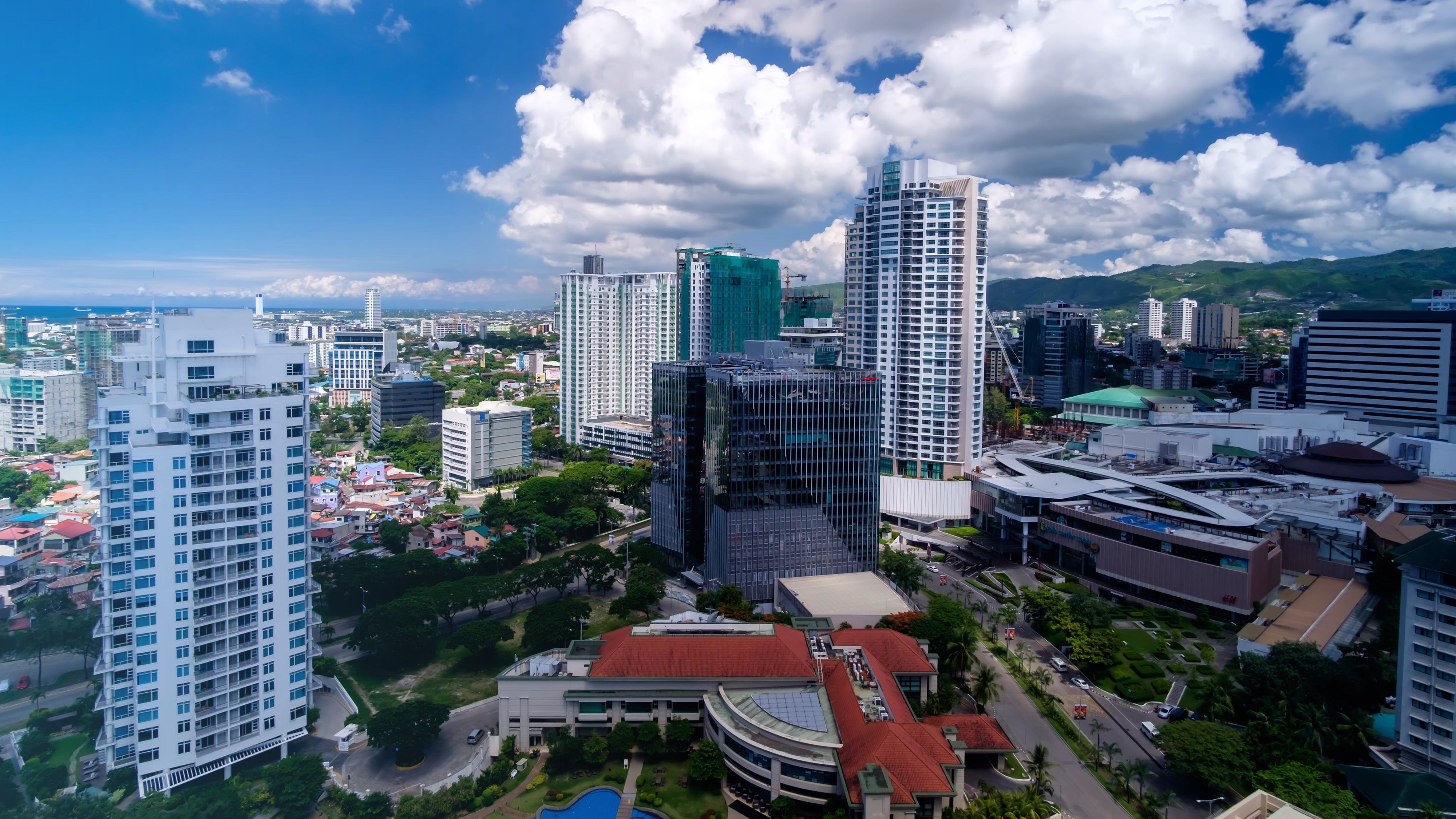
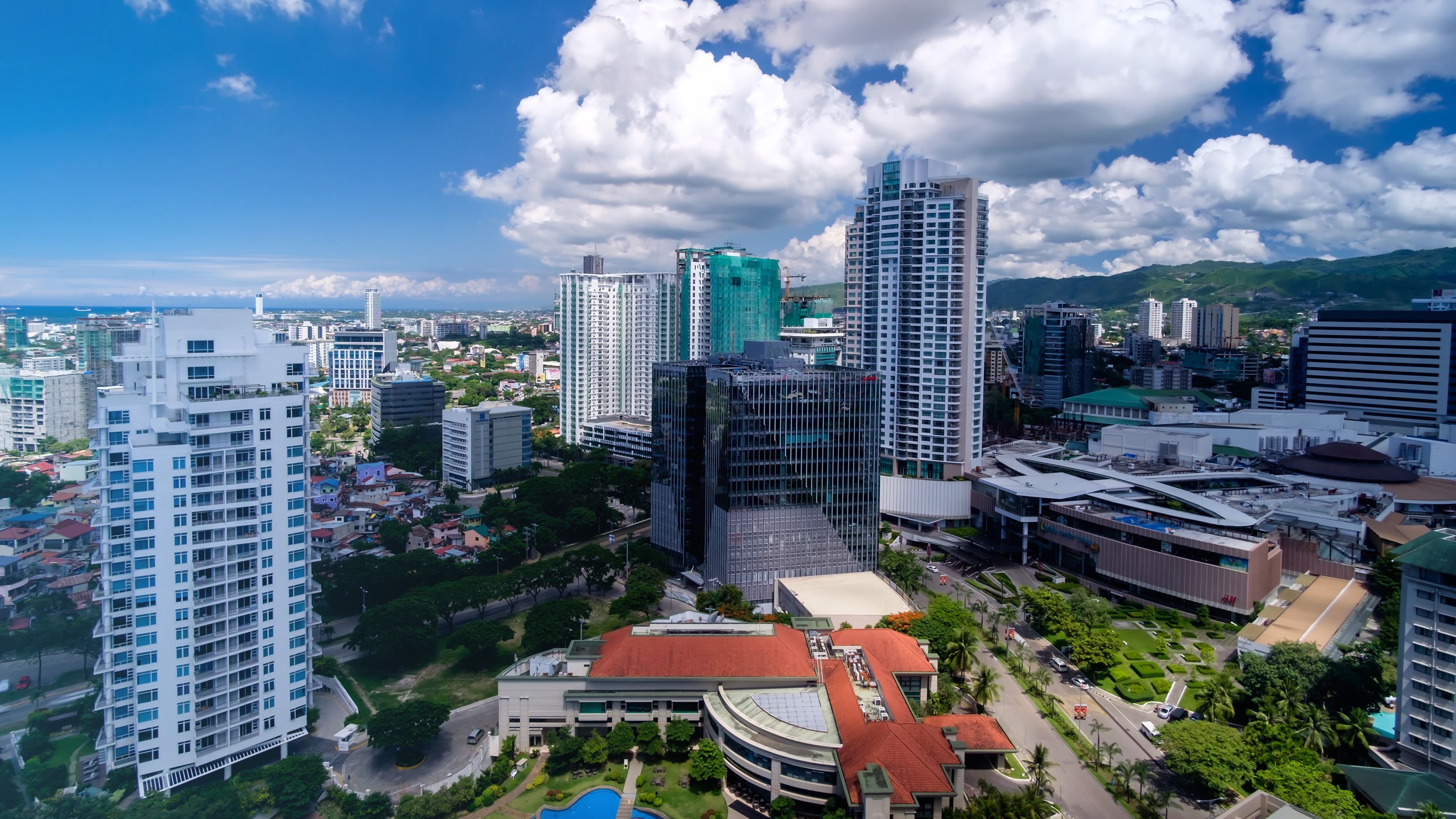
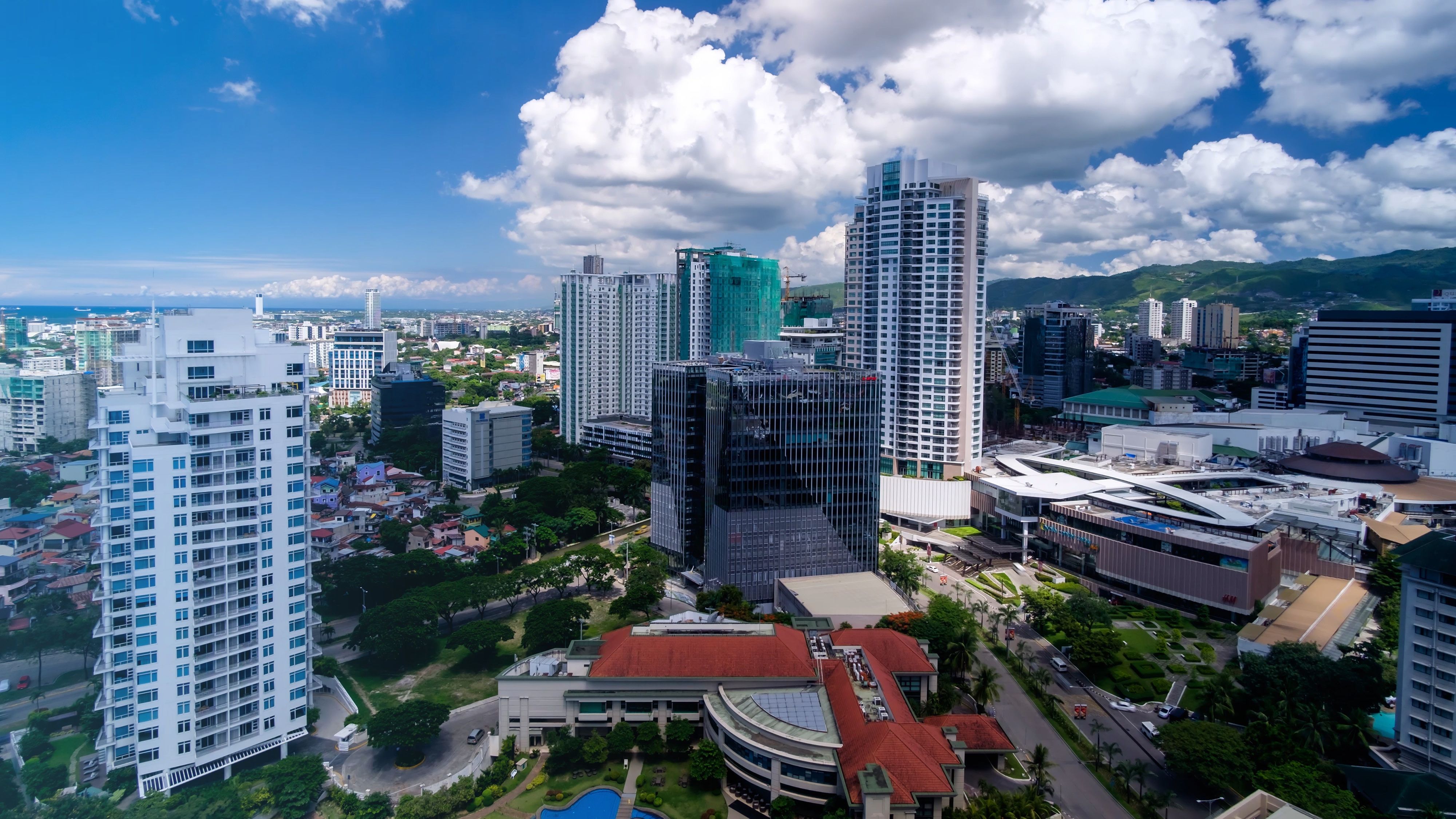
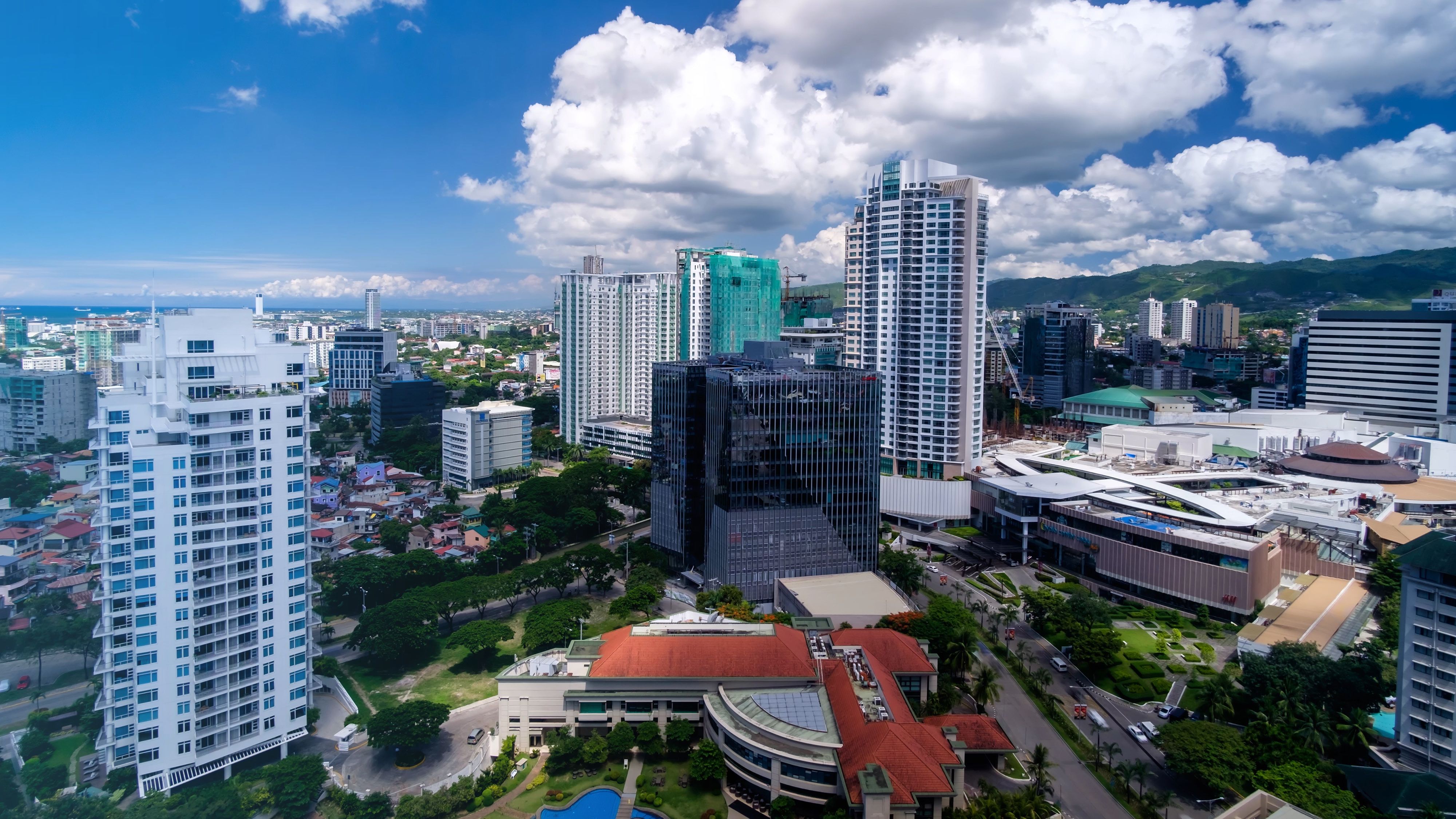
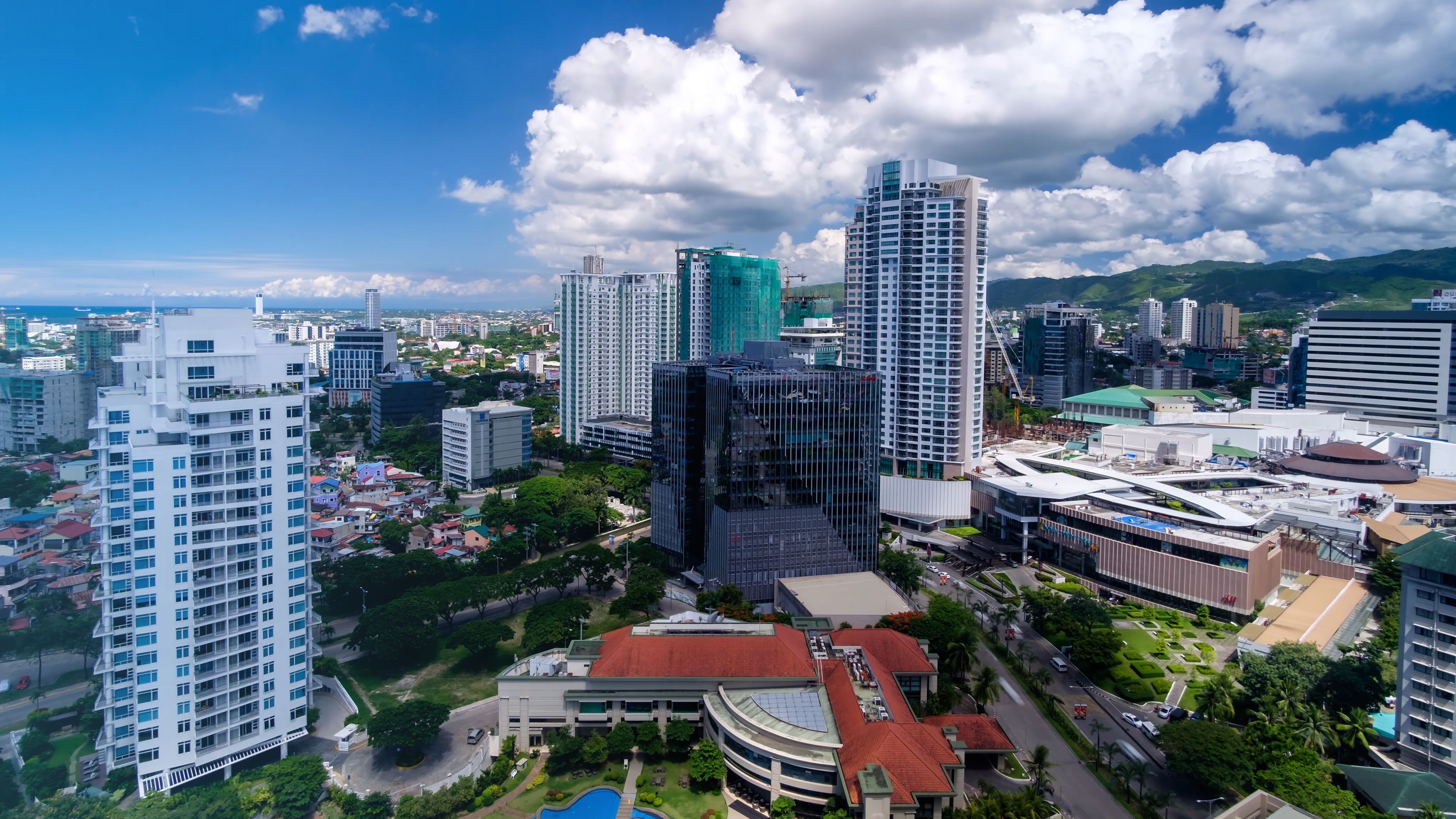
B. Transition planning
1. Has your jurisdiction set decarbonisation targets and strategies?
The Philippines has committed to a GHG emissions reduction and avoidance target of 75%, referenced against the business-as-usual scenario, for the period of 2020 to 2030. Of this, 2.71% is unconditional and 72.29% is conditional.
The National Climate Change Action Plan 2011–2028 outlines specific programs and strategies for climate change adaptation and mitigation. Four of these programs and strategies relate to achieving lower carbon emissions: (i) Ecological and Environmental Stability; (ii) Climate-Smart Industries and Services; (iii) Sustainable Energy; and (iv) Knowledge and Capacity Development. The Philippine Sustainable Finance Roadmap lays out an action plan to promote sustainable finance in the Philippines, with its first phase focusing on the transition to a low carbon economy.
The STFG (discussed in section A.10) seeks to operationalize the Philippine Sustainable Finance Roadmap.
2. Has the government or any regulator in your jurisdiction launched compliance and/or voluntary carbon trading schemes or carbon taxes? If so, please give details. If not, are there plans to do so?
There is currently no carbon trading market in the Philippines. However, a bill has been filed in the Philippine Senate (the upper house of Congress) for a domestic cap and trade system, with provisions on emission reduction measures and targets, cap on GHG, allowances, and the establishment of a carbon trading system. A counterpart bill has also been filed in the House of Representatives (the lower house of Congress). Based on available reports, it is undergoing refinement by a Technical Working Group. Under the bills, annual emission/avoidance targets, including the sectors and levels to be covered, will be determined annually by the President of the Philippines through the recommendation of a steering committee.
Earlier this year, the Secretary of Finance acknowledged, during the Technical Working Group Meeting for Preparing Carbon Pricing Instruments for the Philippines, the need for a study of carbon pricing instruments (including a carbon tax and an emissions trading system) and the optimal mix thereof.
3. Are there mandatory requirements for companies to have in place and/or disclose climate-related transition plans? If so, please give details (including whether there is any standard or guidance on transition plans and/or requirement to consider the social impact of the plan). If not, are there plans for such requirements?
No, it is not mandatory to have a transition plan for listed companies, public companies, registered issuers, and IC regulated companies. It is also not mandatory for them to disclose whether they have a transition plan.
On the other hand, banks are required to have a transition plan with specific timelines to implement board-approved strategies and policies that integrate sustainability principles into their corporate governance, risk management frameworks, strategic objectives, and operations. However, this transition plan relates to the bank’s sustainability policies and objectives generally and is not necessarily limited to transition towards a lower-carbon economy.
4. Are there mandatory requirements to set, meet and/or disclose climate-related targets? If so, please give details. If not, are there plans for such requirements?
No, there are no mandatory requirements for companies to set climate targets.
However, there are disclosure requirements under the SEC’s Sustainability Reporting Guidelines, which requires listed companies to disclose (i) the organization’s governance around climate-related risks and opportunities; (ii) the actual potential impacts of these climate-related risks and opportunities;; (iii) how the organization identifies, assesses, and manages climate-related risks; and (iv) the metrics and targets used to assess and manage relevant climate-related risks and opportunities.
5. Other upcoming developments / direction of travel
Please refer to the response to section A.12.

C. Greenwashing risks
1. Are there any recent examples of legal proceedings, regulatory actions or investigations against or into greenwashing in your jurisdiction?
A group of consumers filed a case before the Department of Trade’s Fair Trade Enforcement Bureau against certain manufacturers of fast-moving consumer goods, alleging false or misleading recyclability claims on the plastic packaging of the respondents. One respondent has agreed to settle the case. In news reports on the settlement, said respondent stated that it is compliant with applicable laws and regulations, but recognized opportunities to improve labelling to comply with the Extended Producer Responsibility Act of 2022 (EPR Act), the Consumer Act and other relevant guidelines. The case is still pending as to the other respondents.
2. Are there any laws or regulations specifically dealing with greenwashing?
No, but some guidance does exist.
(a) BSP Circular No. 1149 (Guidelines on the Integration of Sustainability Principles in Investment Activities of Banks) requires banks to adopt measures to ensure that investments are channelled to, among others, companies that do not engage in greenwashing. It defines greenwashing as the deceptive marketing used to persuade the public that an organization's products, aims, and policies are environmentally friendly. Greenwashing may also come in the form of dissemination of misleading information, whether intentional or not, regarding a company's environmental strategies, goals, motivations, and actions that can induce false positive perception of a company's environmental and social performance.
(b) As previously mentioned, SEC regulations set guidelines when bonds may be labelled as green, blue, social, sustainability, or sustainability-linked bonds, and when funds may be labelled as SRI funds.
3. What are the likely grounds on which such proceedings, actions or investigations can be instigated?
Likely grounds for a suit include:
(a) Making of false or misleading statements, or fraud under the Securities Regulation Code;
(b) False, deceptive or misleading advertisement under the Consumer Act of the Philippines;
(c) Fraud, giving rise to damages under the Civil Code;
(d) Estafa by false pretenses or deceit under the Revised Penal Code; and
(e) Breach of express warranties in a contract of sale.
Administrative penalties may also be imposed against investment funds for unauthorized use of SRI, ESG, or any other similar or associated terms in the names and/or marketing materials, or for making false statements as to its qualification as an SRI fund or overemphasizing sustainability or ESG features in any communication or advertising materials.
4. Other upcoming developments / direction of travel
With the enactment of the EPR Act, which requires product producers (including brand owners and product manufacturers) to recover up to 80% of their plastic packaging waste by 2028, environmental claims made by product producers may become subject to even greater scrutiny by consumer and public interest groups.

This material is provided for general information only. It does not constitute legal or other professional advice.
